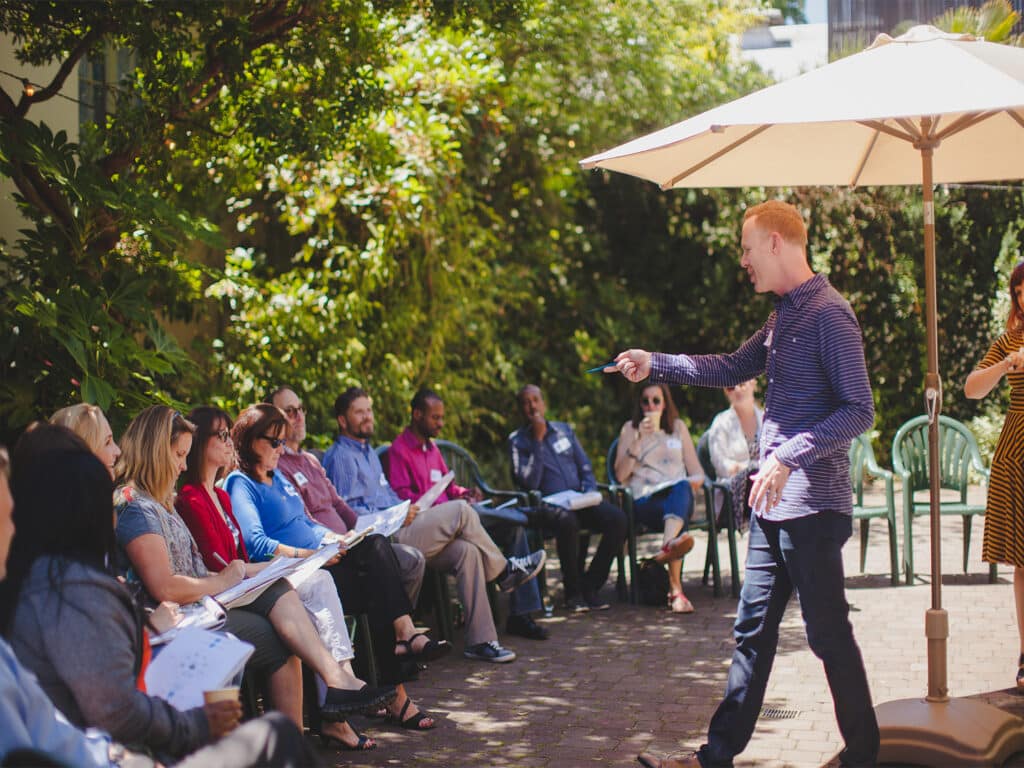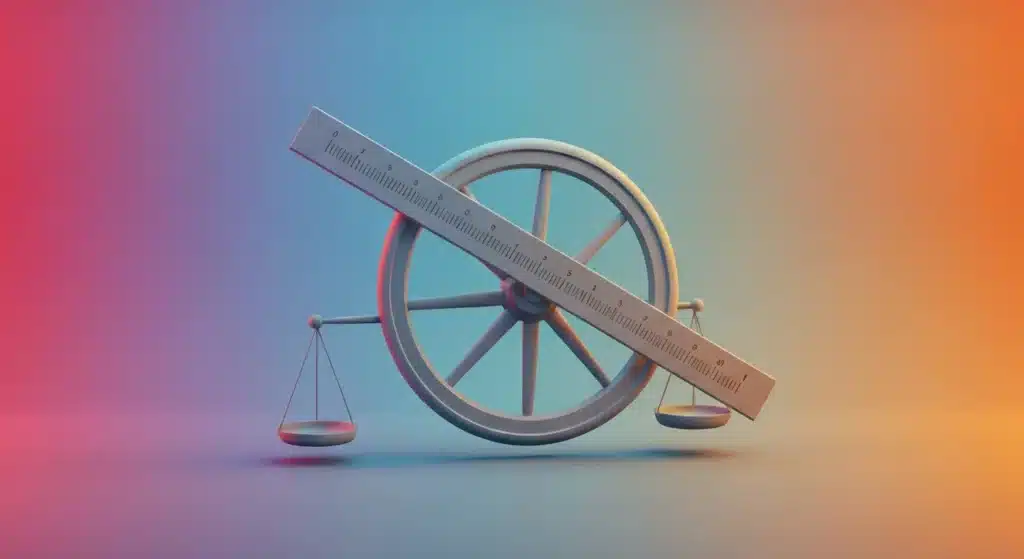How to be a Better Ally
Marginalized communities face a myriad of inequities.
In the face of these inequities, there are people in these communities working everyday to make sure the world is a better place everyday. Ensuring their doing the work to make the world more diverse, equitable and inclusive.
However, making the world a better place is a collective effort. It can’t only be up to the people in these communities. And that’s where allies can come in and use their privilege for good, sustainable change.
Allyship is a way in which individuals can fight injustice, promote belonging & value by helping to improve the systems that put marginalized communities at a disadvantage.
A study held by LeanIn and Survey Monkey, they asked about 7,400 U.S. adults found that more than 80% of White employees view themselves as allies to women of color at work. However, only 45% of Black women and 55% of Latinas say they have strong allies in the workplace. There’s a discrepancy here. And that’s not even accounting for other marginalized groups.
The positive side of this statistic is that people see the importance of allyship and are willing to identify themselves as allies. The discrepancy lies in what individuals believe allyship entails and what they’re actually doing. Here are a few ways you can practice allyship.
Research
Do your research. There’s an abundance of research, books, television shows and documentaries out there that will educate you on the issues these groups face. Don’t rely on those you know in these groups to educate you. It’s not their job to explain their experiences to you and at the same time you can be opening wounds these individuals face on a regular basis.
Also recognize, that this research will be ongoing as the world changes. Reading one book isn’t enough, try to make this work regular. A resource you can use is the anti-racism daily newsletter, an excellent resource for research and action steps. We also compiled our own list of resources.
Step into Discomfort
In your journey to becoming a better ally, you will face discomfort. One of the biggest challenges allies face is recognizing their privilege and how it has helped them get to their place in their world. It’s a hard thing to accept, but once you do – you’ll be better equipped to use your privilege to make positive change.
After recognizing your privilege, welcome discussion and accept feedback from individuals in these marginalized groups. These conversations can be uncomfortable for both parties. You’re both choosing to be vulnerable together so listen with empathy and believe whatever’s shared with you.
You may have never had the same experience so listen to understand, acknowledge and learn. You’ll make mistakes in your journey and people will correct you, which is okay. Accept the feedback and the responsibility for any harm you may have caused. You’ll be a better person for it and be part of the change you’re aiming to make. It may seem small, but it’s impact will be felt in the way you see the world going forward. While also giving someone the space to feel safe and understood.
Amplify the Voices of Individuals in Marginalized Groups
Give individuals in these groups the space to share. For example, if you’re having a meeting at work – specifically ask for the opinion of the someone in the marginalized group instead of having the usual person speak. Not only will everyone in the room benefit from their perspective, this will set the tone for making the individual comfortable to speak up.
Continuing with the work example, it’s also important to make sure there are multiple perspectives in the room. This doesn’t mean having one BIPOC because just one can cause outsider feelings but have multiple perspectives. Once these people are in the room ensure they have the floor whenever they want to. It’s easy for the voices of the marginalized to be silenced, make room.
You can also amplify the voices of these individuals on social media. Share their stories, support their businesses and credit them when you use their content.
Speak Up
If you witness injustice, say something and say it in the moment. Don’t wait to offer your sympathy to the affected person later. If it makes you uncomfortable to witness an injustice, imagine experiencing it. Have the courage to take a stand.
Being an ally is not a one time thing. It’s a continuous process of educating yourself, increasing your self-awareness and having the courage to step out of your comfort zone. It’s necessary work to fight for social justice and make the world a better place.
Be a better ally.





